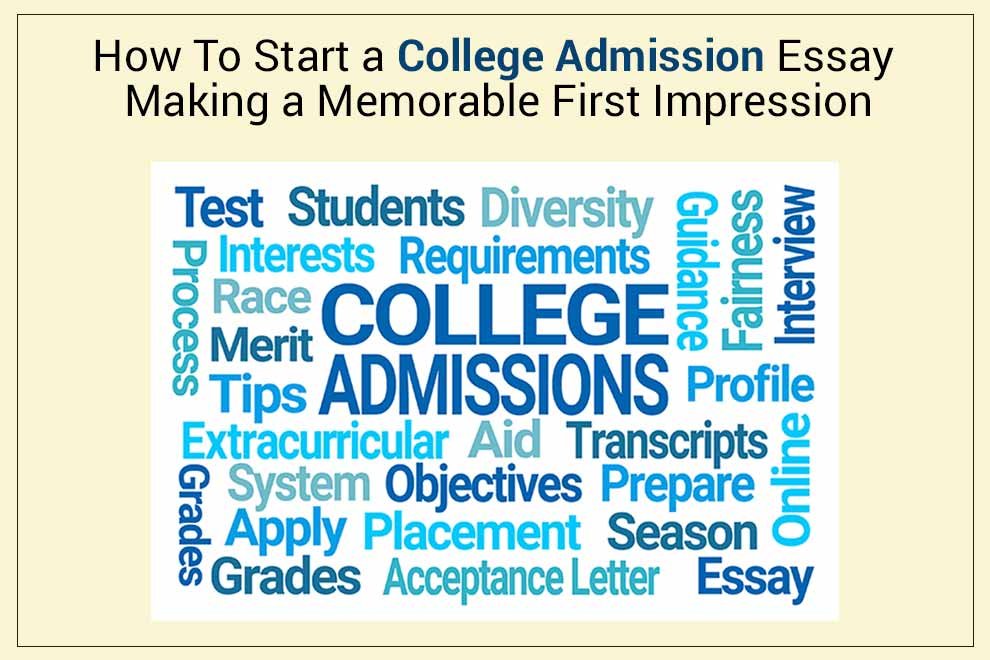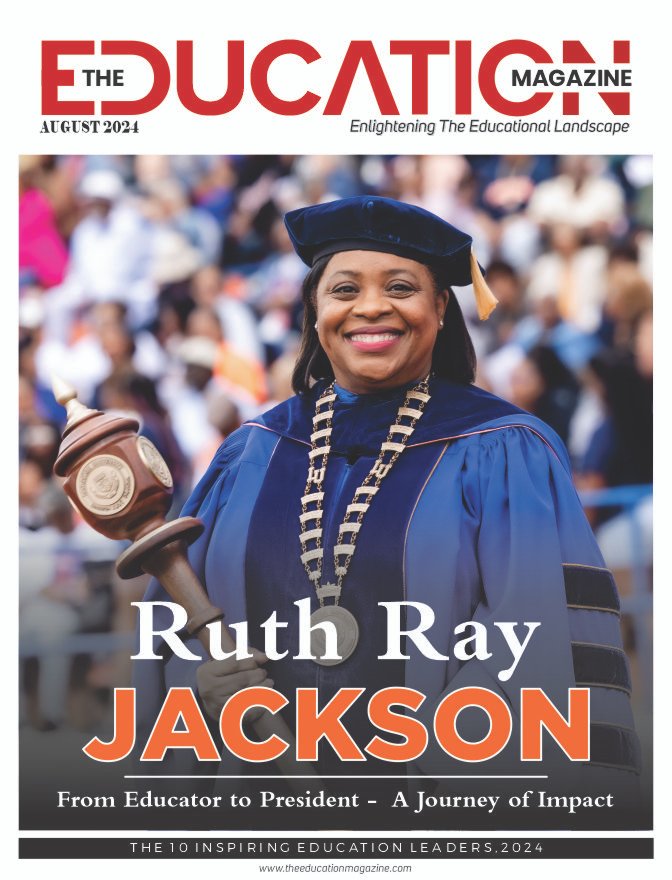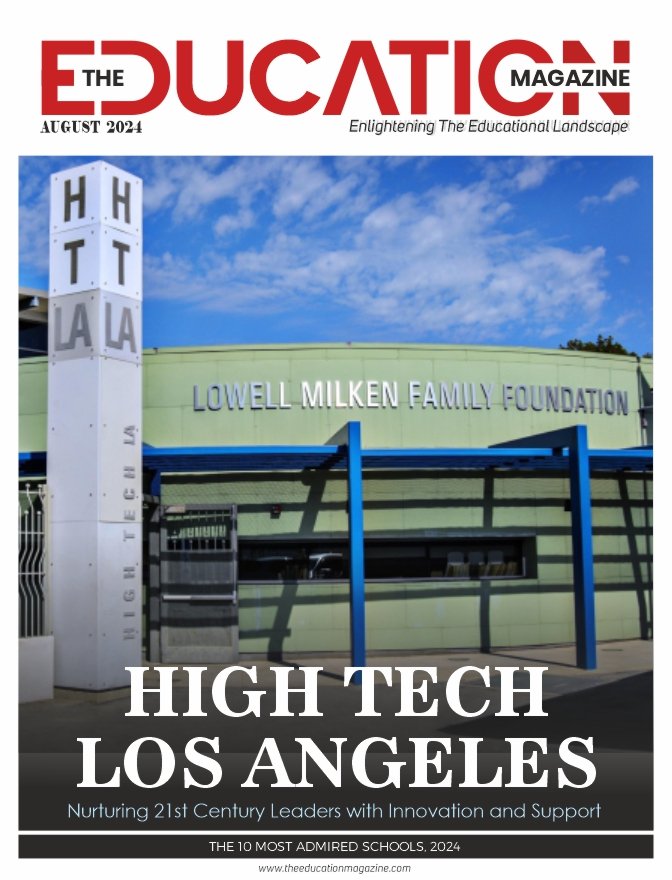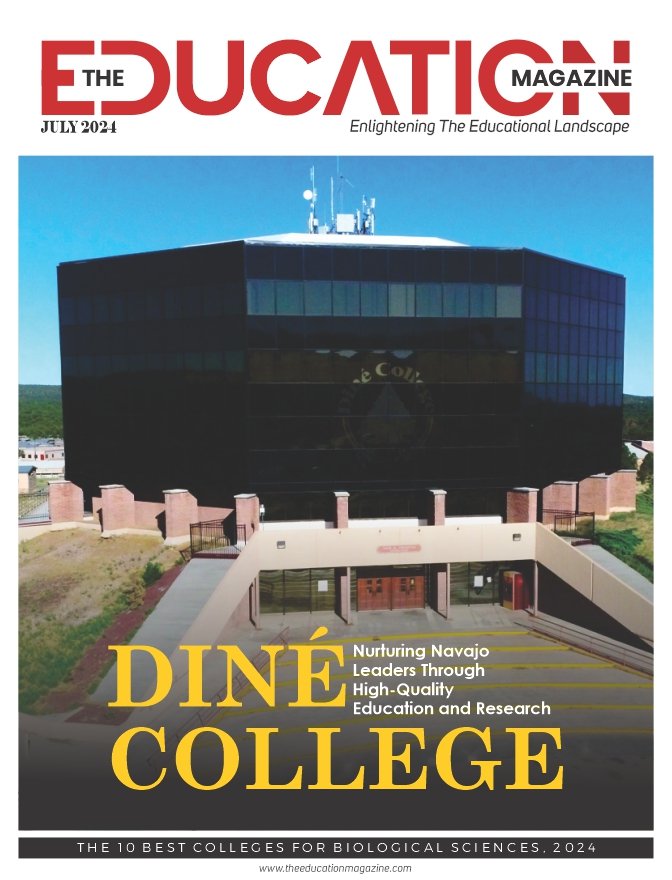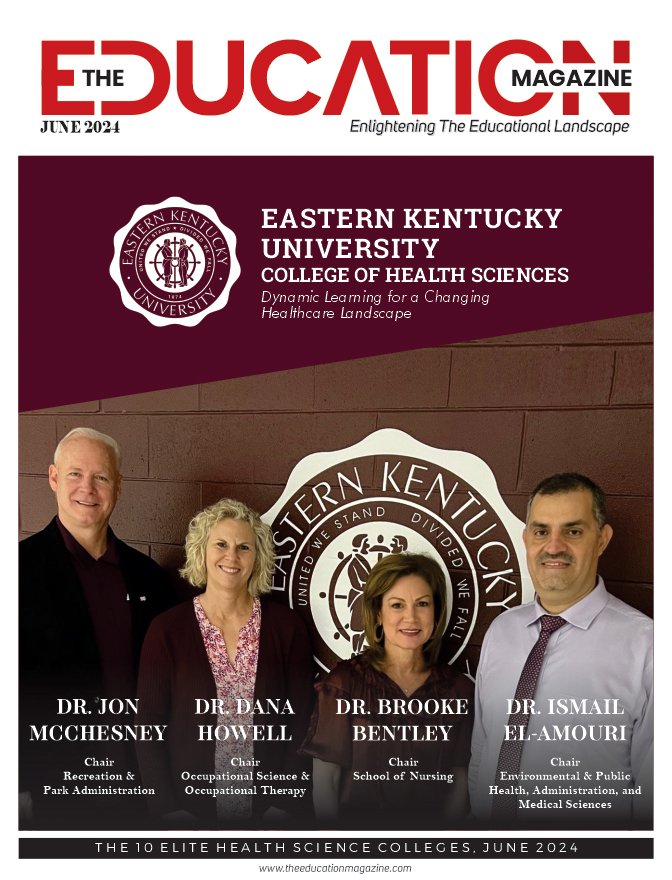College applications – they’re a bit thrilling but also a tad terrifying. Tests, activities, recommendations- they can feel overwhelming. And then there’s the essay. It’s your chance to speak directly to the admissions committee, to let them see the real you beyond the transcripts and scores.
But how do you capture the essence of who you are in just a few hundred words? It’s a challenge, for sure, but it’s also an opportunity. A well-crafted essay can be your ticket to standing out from the crowd and showing the admissions committee why you’re the perfect addition to their campus.
This guide explains the entire essay-writing process and provides tips on avoiding common pitfalls and ensuring your essay shines. Are you ready to embark on this journey together and craft an essay that truly represents you?
Understand the Purpose of the College Admission Essay
Before you even put pen to paper, it’s crucial to grasp the reason behind the college admission essay.
What are they looking for?
Admissions officers want to build a vibrant and diverse campus community. Your essay helps them see if you’d be a good fit. They’re interested in your personality, your passions, your potential. They want to hear about your experiences, your challenges, your dreams.
-
- Your unique voice: Be genuine, be yourself. Let your personality shine through in your writing.
- Your intellectual curiosity: Show them you’re not just about memorizing facts. Are you curious about the world? Do you ask questions? Do you enjoy learning new things?
- Your resilience and growth: Have you faced any setbacks or challenges? How did you overcome them? What did you learn?
- Your potential contributions: How will you enrich their campus community? What unique perspectives or talents will you bring to the table?
Your transcript and resume tell them what you’ve done. Your essay tells them who you are.
Admissions officers can spot a fake a mile away. If you’re feeling overwhelmed or unsure where to start, consider seeking help from a college application consulting service. They can offer valuable guidance and support throughout the essay-writing process.
Brainstorm Ideas and Choose the Right Topic
What story are you going to tell? It might feel a bit messy at first, and that’s okay! Start digging for those golden nuggets of experiences that truly define you.
Start With a Brain Dump
Grab a notebook or open a blank document and just start writing. Jot down anything that comes to mind. Don’t censor yourself at this stage – let those ideas flow freely!
Look for Patterns and Themes
Once you have a good list, take a step back and look for connections. Are there any recurring themes or patterns? Do any particular experiences stand out as especially meaningful or impactful?
Consider the Essay Prompts
If the college has provided specific essay prompts, review them carefully. Which prompts resonate with you the most? Which ones give you the opportunity to showcase your unique qualities and experiences?
Choose a Topic That’s Meaningful to You
Don’t just pick a topic because you think it’s what the admissions committee wants to hear. Choose something that genuinely matters to you, something you’re excited to write about.
Think About What Makes You Unique
What sets you apart from other applicants? What experiences or perspectives can you share that no one else can?
The best topic is the one that allows you to tell your story authentically and compellingly. So, let those creative juices flow, and start exploring the possibilities!
Structure the Essay for Maximum Impact
A well-structured essay has a strong foundation, a solid body, and a conclusion that ties it all together. Here’s the blueprint:
Introduction
Grab the reader’s attention with a strong hook: a vivid anecdote, a thought-provoking question, a surprising fact, or a bold statement. Clearly introduce your topic and set the tone for the rest of the essay.
Body
Each paragraph should focus on a single idea or point, supported by evidence and examples. Use clear topic sentences and transitions to guide the reader through your story. Show, don’t just tell. Use vivid language and sensory details to bring your experiences to life.
Conclusion
Tie everything together and leave a lasting impression. Reiterate your main points, offer a final reflection, or leave the reader with something to ponder. Avoid clichés and generic statements.
Remember, a well-structured essay isn’t just about following a formula. It’s about presenting your ideas clearly, logically, and engagingly. It’s about guiding the reader on a journey from the opening sentence to the final period.
Write With Authenticity and Voice
Authenticity and voice is about letting the real you come through in your words. Don’t try to sound like someone you’re not. Embrace your quirks, your sense of humor, and your unique perspective on the world.
- Use vivid language and imagery: Bring your experiences to life with sensory details and descriptive language.
- Show your emotions: Let the reader connect with you on an emotional level.
- Be specific and avoid clichés: Avoid generic phrases and overused expressions. Use concrete examples and specific details to make your writing more impactful.
- Read your essay aloud: This is a great way to catch awkward phrasing or unnatural language. Does it sound like you? If not, revise until it does.
Remember, your voice is your most powerful tool. Use it to tell your story in a way that’s genuine, engaging, and unforgettable.
Revise and Refine Your Essay
Revision is about making your writing stronger, clearer, and more impactful. Here’s how to do it:
- Take a break: Step away from your essay for a day or two. Then come back to it with fresh eyes. You’ll be surprised what you might catch.
- Get feedback: Ask trusted friends, family, or teachers to read your essay. Their perspective can be invaluable.
- Cut the fluff: Eliminate unnecessary words and phrases. Every sentence should serve a purpose.
- Proofread carefully: Typos and grammatical errors can distract from your message.
Revision is a crucial part of the writing process. Don’t be afraid to make changes, even big ones. The goal is to create an essay that truly represents you and leaves a lasting impression.
Common Mistakes To Avoid
Even the best writers make mistakes. But when it comes to your college admission essay, it’s best to steer clear of these common pitfalls:
- Bragging or exaggerating: Focus on showcasing your strengths without sounding arrogant.
- Negativity or complaining: Keep your tone positive and focus on solutions, not problems.
- Grammar and spelling errors: Proofread carefully! A polished essay shows your attention to detail.
Admissions officers read thousands of essays. Make yours stand out by avoiding these common mistakes and letting your true personality shine through.
Final Thoughts
The college admission essay is your chance to narrate the story only you can tell. It’s about showcasing the unique blend of experiences, passions, and dreams that make you, well, you. So, take a deep breath, embrace the challenge, and let your words paint a vivid picture of the incredible individual you are. Your future is waiting.
